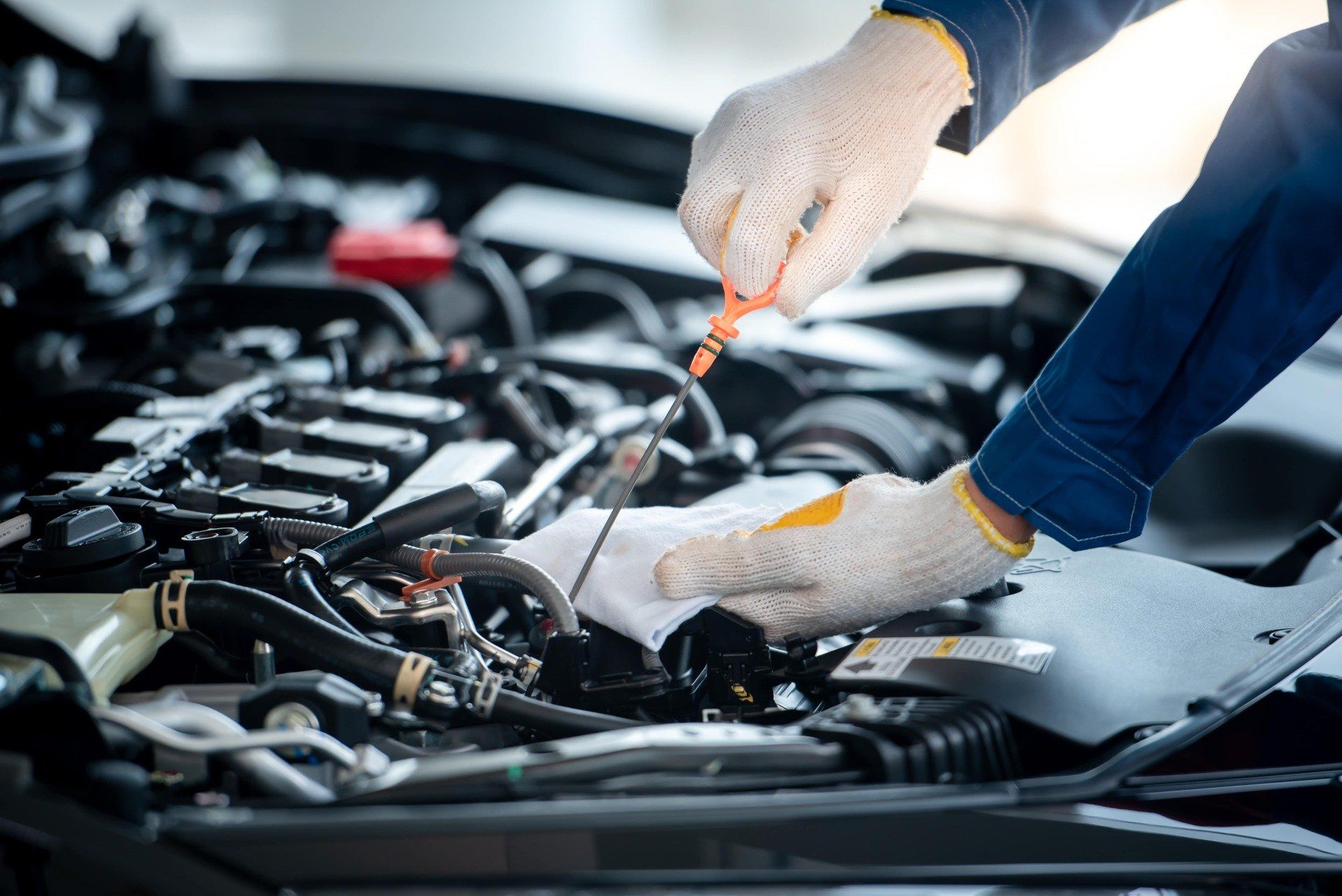All Categories
Featured

[/image]
Regular cars and truck maintenance is an important part of vehicle ownership, but figuring out how usually to schedule these exams can in some cases be puzzling. Whether you drive a brand-new car or a high-mileage automobile, staying on top of maintenance guarantees safety and security, optimum efficiency, and a longer life expectancy for your cars and truck. In this post, we'll explore the factors that affect solution periods and how you can establish a schedule that benefits you.

- Manufacturer's Standards: Your Very First Reference Factor. Every automobile includes an individual manual, that includes the producer's recommended solution intervals. These standards are customized particularly to your cars and truck version and its parts. Usual referrals consist of:
Oil modifications: Every 5,000 to 10,000 miles or 6-12 months, depending upon whether you use standard or synthetic oil. Tire rotations: Every 5,000 to 7,500 miles to make sure also wear and lengthen tire life. Major services: At turning points like 30,000, 60,000, or 100,000 miles, which may include timing belt substitutes, coolant purges, and transmission servicing. Staying with the producer's schedule assists maintain your vehicle's efficiency and keeps its guarantee legitimate.
- Driving Problems Issue. Just how and where you drive considerably influences just how frequently your auto needs servicing. Vehicles used under "extreme driving conditions" might call for more constant maintenance. These conditions consist of:
Frequent short trips under 10 miles. Driving in heavy stop-and-go traffic. Operating in extreme temperatures (warm or chilly) Traveling on messy, muddy, or uneven roads. If any one of these apply to your everyday commute, consider arranging more frequent oil modifications and inspections to avoid damage. 3. Modern Features: Monitoring Your Vehicle's Health and wellness. Numerous modern-day vehicles are equipped with onboard diagnostics and maintenance reminder systems. These features check your automobile's condition in real time and sharp you when it's time for servicing. Take notice of these signals, as they are based upon factors like gas mileage, engine efficiency, and oil condition.
- Seasonal Upkeep: Be Ready Year-Round. Changes in weather can impact your cars and truck's efficiency, so scheduling seasonal exams is an excellent technique.
Prior to winter months, guarantee your battery, tires, and heater remain in excellent condition to deal with chillier temperature levels. Prior to summer, examine your air conditioning system, air conditioning, and liquids to stop getting too hot. Seasonal maintenance keeps your car reputable and prepared for moving conditions.
- Signs Your Car Needs Immediate Attention. Sometimes, your vehicle may require maintenance before the set up interval. Expect the complying with warning signs:
Strange noises, such as grinding or screeching. Reduced gas efficiency. Dashboard warning lights, including the check engine light. Trouble starting the cars and truck or delaying. Attending to these issues quickly can save you from pricey repairs later on.
- Benefits of Remaining Constant. Normal maintenance isn't almost following a routine-- it's an investment in your cars and truck's future. It aids:
Maintain you and your guests risk-free. Make best use of gas efficiency. Protect against costly breakdowns. Extend the life of your vehicle. Increase resale worth by preserving a detailed service document. Final thought. Just how frequently should you service your vehicle? The solution depends on your auto's make, your driving practices, and ecological problems.
Latest Posts
Learn How WyHy Federal Credit Union Maximizes Your Savings on Borrowing and Banking
Improve Your Home's Exterior with Weathercraft's Exterior siding Solutions
Unlock WyHy FCU – Key Advantages for Your Future